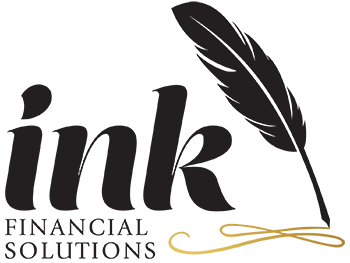2022 and the Interest Rates
What are the economists really saying?
There has been a lot of talk and countless opinions in the media around interest rate movements for 2022.
At times ‘the economists seem to be speaking a foreign language when all we really want to know is “What does this mean for me?”. Unfortunately, nobody seems to have a crystal ball, so for the past few weeks, I’ve listened to addresses from Westpac senior economists and the head economist from the Bank of QLD. My key takeaways are:
1. Interest rates are going to rise; and
2. Borrowing money will become tighter.
Ok. This seems logical.
My first thoughts as someone who is not an economist kicked off with, “I need to check the current rates on my home loan!” This was soon followed by a visit to my mortgage calculator so I could consider the impact of a potential rate rise of 1.5% to 2% over the next two years.
With predicted interest rate increases, it is more important than ever to be aware of your current options and those moving forward.
Here are some questions I considered, and then I looked at the pros and cons for my specific circumstances:
- Should I fix a portion of my home loan?
- Should I leave it variable and pay off more on my loan?
- Would a mix of fixed and variable be a better choice?
Once any concerns about my home loan were squared, it was time to look at any other loans and debts I might have. Rinse and repeat. I’ll confirm my current interest rates for each, and then see what I can do to improve my situation.
Some options to consider are:
- Debt consolidation; or
- Make extra payments
- Pay your smallest loans first, this can be a quick win and then that extra money can be moved to your next loan.
That takes care of anything we might currently owe. Now it’s time to think about any future lending we might want. For example, is 2022 the year I set up a home, car or business loan?
As mentioned, borrowing is likely to become harder as interest rates increase. Lenders will want to see how you conduct your financial matters, which means it is time to review your credit rating.
Your credit rating is one of the tools a lender will use to decide whether you are a safety risk. If you haven’t looked up your credit rating before, there are a few options online such as Equifax.
Once you have your report, check for any defaults and late payments. Did you know late payments show up on your credit file and can be seen for two years, even if your account is closed?
Don’t forget to check your savings habits. Can you show a regular savings plan? Consistency is the key! Putting something aside each week is another tick for many lenders.
No matter what the economists are predicting, it is important that you are in the driver’s seat of your financial position.
Take responsibility for your money. Pay on time – set up BPay.
Have a budget and stick to it. A budget is a road map to tell your money where to go. Understanding where your finances are currently at and taking a little action often, will assist in your overall financial health and well-being.
